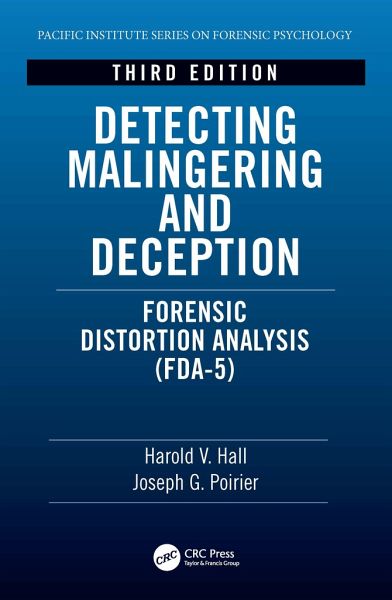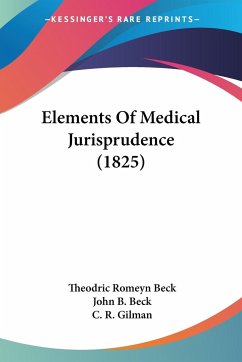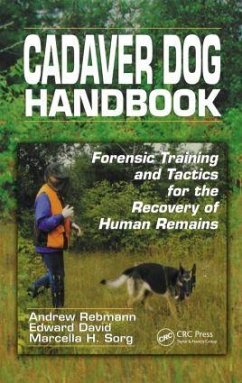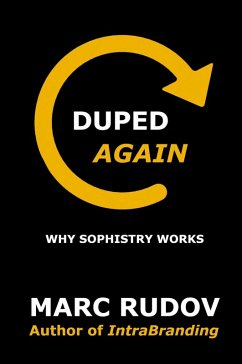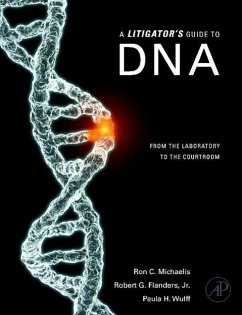Dr. Harold V. Hall, Ph.D., ABPP (Clin, Forensic), ABN (Neurospych) received his MS in psychology and his PhD in Clinical Psychology from Brigham Young University, Provo, Utah in 1972. For 15 years he worked in various federal and state clinics, health centers, hospitals, prisons and training schools, followed by over 30 years in Hawaii in the independent practice of civil and criminal forensic psychology and neuropsychology. Dr. Hall was a Fulbright Scholar in Poland, a Rotary Scholar in Thailand and Cambodia, and is a Distinguished Practitioner of the National Academy of Practice in Psychology. He has authored 15 books and over 100 peer reviewed journal articles, chapters, and reviews including 4 second editions in deception analysis, violence risk analysis, murder and manslaughter, and substance abuse. Dr. Joseph G Poirier, Ph.D., ABPP is currently a Clinical Psychologist Specialist in Rockville, Maryland. He was previously is the Clinical Director of the Child and Adolescent Forensic Evaluation Service (CAFES), Health and Human Services, Montgomery County Government, Rockville, Maryland. For 30 years, he had also been the co-director of the Circuit Court Mental Health Service, Prince Georges County, Maryland. He has testified as an expert witness in federal court and in district and circuit courts in a number of states. Dr. Poirier is triple board certified in forensic psychology, clinical psychology, and family psychology by the American Board of Professional Psychology. He is also a fellow of the American Psychological Association.
